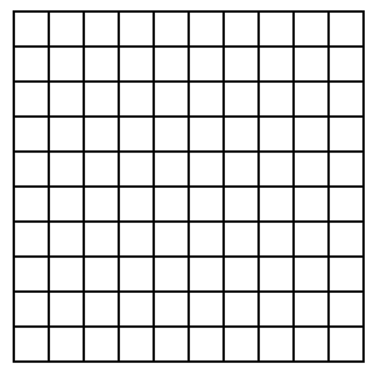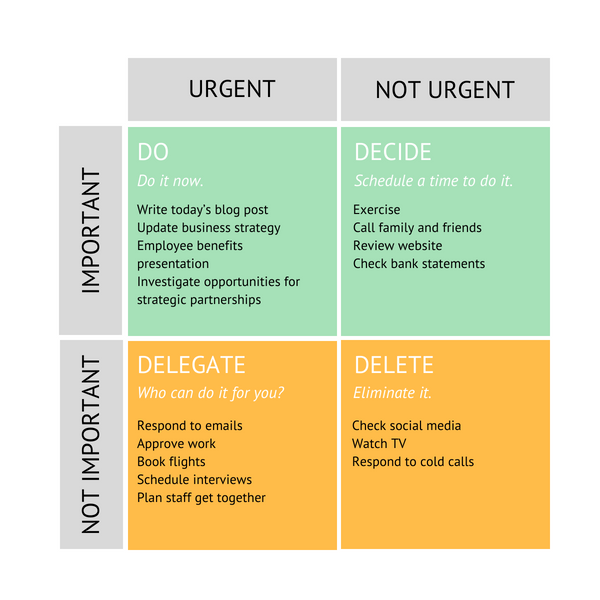

I sleep 6.5 hours a night.
That’s about average for people in my age group.
That leaves around 17 hours awake each day.
Or about 1,000 minutes.
How do you use yours?
Tim Urban of Wait But Why breaks down those 1,000 minutes into 100 10-minute blocks.
That’s what you wake up with every day.
Throughout the day, you spend 10 minutes of your life on each block.
Eventually, you run out of blocks and go back to sleep.
Now, step back and think about how you’re using those 100 blocks you get each day.
Ask yourself some questions.
- How many of them are put towards making your future better?
- How many of them are just there to be enjoyed?
- How many of them are spent with other people, and how many are for time by yourself?
- How many are used to create something, and how many are used to consume something?
- How many of the blocks are focused on your body, how many on your mind, and how many on neither one in particular?
- Which are your favourite blocks of the day, and which are your least favourite?
Imagine these blocks laid out on a grid.
What if you had to label each one with a purpose?

You’d have to think about everything you might spend your time doing in the context of its worth in blocks.
Cooking dinner requires three blocks.
Ordering in requires half a block — is cooking dinner worth three blocks to you?
Do you spend any blocks thinking about financial markets and your investments?
If so, I’d argue that time could be better spent.
Reading 20 minutes a night allows you to read 15 additional books a year - is that worth two blocks?
If like me, your favourite recreation is cycling, you’d have to consider the value you place on getting out on your bike, before deciding how many blocks it warrants.

Getting a drink with a friend after work takes up about 10 blocks.
Consider how often do you want to use 10 blocks for that purpose.
And on which friends?
Some blocks may be treated as non-negotiable in their labelled purpose.
Some may be flexible.
Which blocks should be left blank, with no assigned purpose at all?
I take my work seriously and have decided I want to spend around 60% of my weekday blocks on work, 20% on relationships/family and 20% on me.
As for the weekends – it's no work and all family (I have 3 kids) with a little bit of me.
Just like most of our clients – there isn’t much time left for worrying about financial planning and markets.
How do you find balance in your time and life?
Dwight Eisenhower, 24th President of the United States, is famous for his productivity strategies.
This includes the Eisenhower Box, a simple decision-making tool that can be used in various aspects of your life. Using the decision matrix, you separate your actions based on four possibilities.
- Urgent and important (Do)
- Important, but not urgent (Schedule)
- Urgent, but not important (Delegate)
- Neither urgent nor important (Eliminate)

You may consider something to be urgent, but is it important?
According to Eisenhower:
“What is important is seldom urgent and what is urgent is seldom important”
In my experience, there are two questions that can help clarify the Eisenhower process.
What am I working toward?
What are the core values that drive my life?
It’s easy to lose our sense of what’s important in this ‘always-on’ world.
It’s called priority-blindness.
We are all many things.
I’m a CEO, father, husband and investor.
If I don’t prioritise my life, I run the risk of becoming too busy.
But not productive.
Have you got a better equation and what do you feel is the best way to get optimum results to make sure you're spending your time wisely?
Let me know what you think in the comments below.

